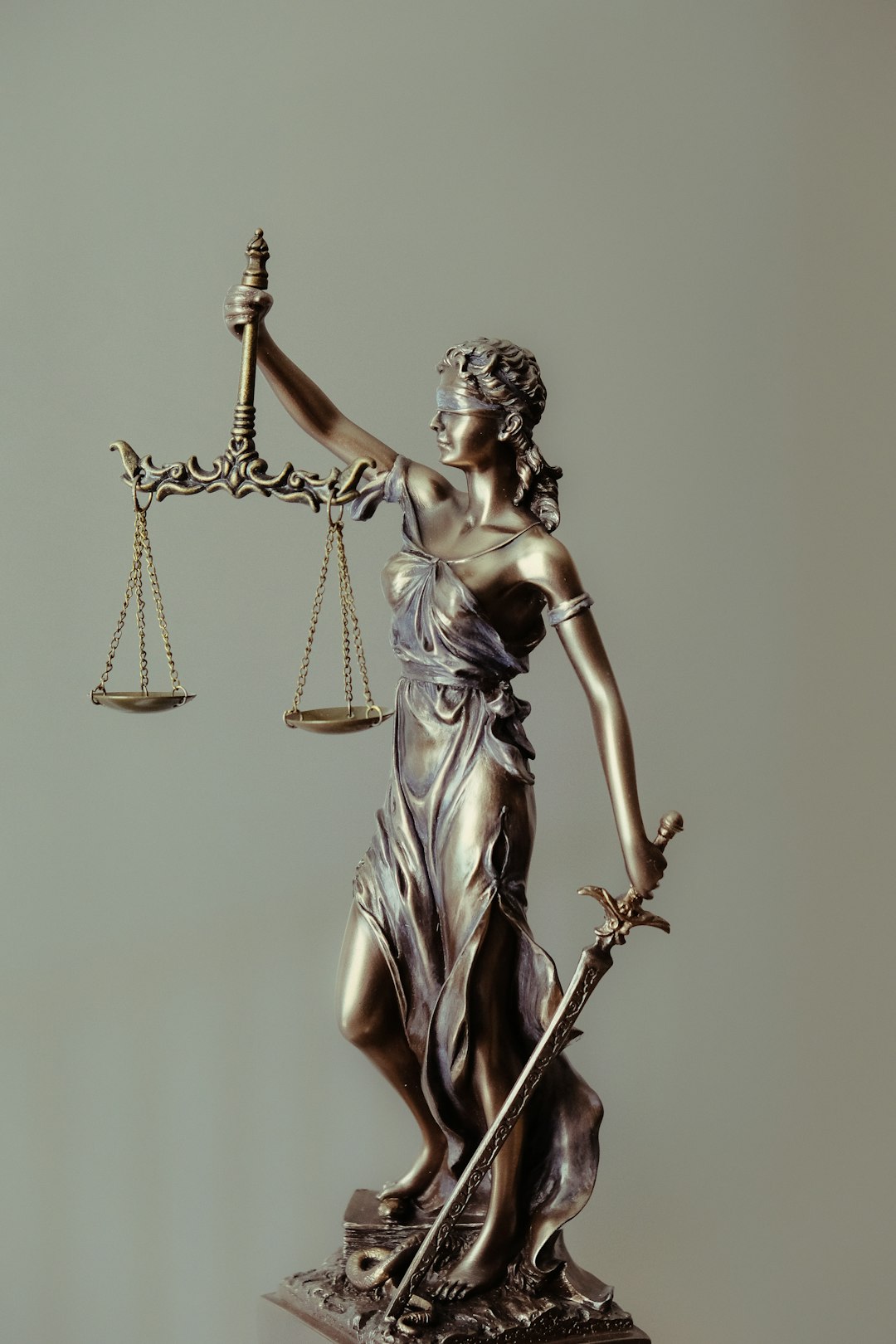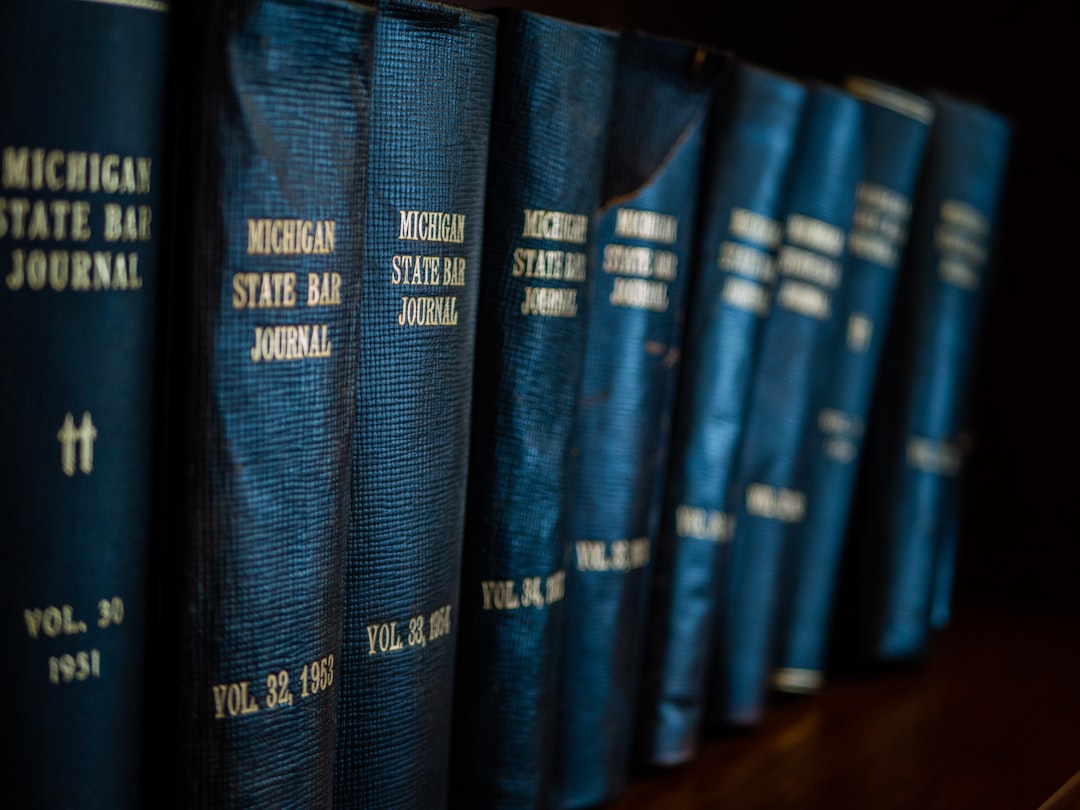In California, a strong legal framework protects victims of school sexual abuse, with specialized school abuse lawyers navigating complex laws and handling digital evidence from social media platforms like Instagram and Twitter. These tools have streamlined investigations and increased prosecution success rates, but also pose privacy challenges that require careful navigation by lawyers to maintain client confidentiality. Social media has empowered survivors and prompted action, yet it spreads misinformation and causes retraumatization, prompting educational institutions to enhance cybersecurity and engage school abuse lawyers to ensure policy compliance.
“In recent years, social media has emerged as a potent tool in the legal landscape of California, particularly within school sexual abuse cases. This article delves into the multifaceted impact of digital evidence on these sensitive matters. We explore the state’s legal framework for addressing school abuse and how social media serves as a new frontier for prosecutors. Furthermore, we discuss the privacy challenges faced by lawyers and propose solutions to navigate this complex terrain. Additionally, we examine the broader implications on education, focusing on preventative measures and raising awareness.”
Legal Framework for School Abuse Cases in California

In California, the legal framework for addressing school sexual abuse cases is governed by a series of strict laws designed to protect victims and ensure justice. The state has some of the most comprehensive legislation in place, with laws like Education Code Section 230.1, which mandates that schools have policies and procedures in place to address and prevent sexual abuse. Additionally, California Penal Code outlines various crimes related to sexual misconduct, providing clear guidelines for prosecution.
A school abuse lawyer in California plays a vital role in navigating this legal landscape. They help victims understand their rights, guide them through the reporting process, and represent them in civil lawsuits against the responsible parties, which can include schools, teachers, or other employees. With the rise of social media, these cases have become more complex, requiring specialized knowledge to handle digital evidence and public perceptions effectively.
Social Media Evidence: A New Tool for Prosecutors

In recent years, social media has emerged as a powerful tool in the hands of prosecutors handling school sexual abuse cases in California. The digital footprint left by perpetrators and victims alike on platforms like Instagram, Twitter, and Snapchat has provided crucial evidence that was previously hard to come by. This new frontier in forensics allows lawyers to uncover and present a more comprehensive picture of the abuse, its frequency, and its impact on the victims.
Social media posts, messages, and online interactions can reveal patterns of behavior, establish timelines, and even provide direct admissions from perpetrators. For California school abuse lawyers, this means that investigations can be conducted more efficiently, leading to swifter legal actions and potentially higher rates of successful prosecutions. The integration of social media evidence into legal strategies is a significant development in the ongoing fight against sexual abuse within educational institutions.
Protecting Privacy: Challenges and Solutions for Lawyers

Protecting privacy is a significant challenge for lawyers dealing with school abuse cases, especially in the digital age where evidence and testimonies often reside within complex online networks. Social media platforms, while powerful tools for investigation, pose unique issues regarding confidentiality and the potential exposure of sensitive information. California school abuse lawyers must navigate these waters carefully to safeguard their clients’ privacy.
One solution lies in utilizing legal mechanisms to request access to digital evidence with strict protocols to protect identities. Lawyers can advocate for sealed court orders, ensuring that online content is only shared with relevant parties under controlled conditions. Additionally, educating clients about responsible social media usage and implementing robust privacy settings can minimize the risk of accidental disclosures. These strategies empower lawyers to leverage digital resources effectively while maintaining the confidentiality essential to successfully pursuing school abuse cases in California.
Impact on Education: Preventative Measures and Awareness

The rise of social media has significantly influenced how we perceive and address issues within our communities, including sexual abuse in educational settings. In California, where a robust legal framework for school abuse cases already existed, social media has both enhanced and complicated the process. Platforms like Instagram, Twitter, and Facebook have empowered survivors to share their stories and raise awareness about the prevalence of sexual assault on college campuses. This digital activism can prompt swift action from authorities and encourage schools to implement stricter safety protocols.
However, it also presents unique challenges. Social media can inadvertently spread misinformation or retraumatize victims through online shaming. To mitigate these risks, educational institutions in California have had to adapt their preventative measures. This includes enhancing cybersecurity, implementing digital literacy programs that teach students about online privacy and consent, and fostering a culture of open dialogue where survivors feel safe to come forward without fear of judgment or backlash. Engaging school abuse lawyers California can also help schools navigate legal complexities and ensure they comply with updated policies aimed at protecting students.





